On the heels of Dave Palumbo’s great article posted just yesterday, I add this… There’s a lot to be said for knowing what we want as an independent artist. And with that knowledge, we should all be in tune with how to express what we want too. When it comes to expressing what we want, and getting what we want, it involves others – not only ourselves. Most of the time, it’s a team effort, even though we essentially work alone a lot of the time. There are a few ways in which I’ve seen some different scenarios play out in regards to this and I thought I’d share my thoughts on them here.
Work hard, sure, but also be nice to yourself.
I’m not going to lie and say it’s not a lot of hard work being an independent artist.. It really is. But this topic came up recently on social media, and there are apparently artists out there who, when interviewed on webcasts as to what advice they’d give new artists breaking into the industry, they talk about how they never sleep, work constantly, and all they do is art – and that that’s the way it is if you want to do this for a living. To be honest, there are moments such as crunch times on a deadline when this is the way it might have to be, but that is not a sustainable lifestyle for anyone, and it is not how it has to be constantly in order for an artist to be successful. Sleep is good for you. I mean, seriously. It’s necessary to stay alive and in good health.
Speaking for myself, when it comes to work, I do work pretty much everyday. But most of those days are filled with other things too. It all runs together in a longer work day/night/week. I split my time and my tasks up differently than maybe someone else might. And many times when the work hours are long, I’ve split the time between different types of work. For me, as it is for many of us, work is not only the painting part of it, but the other tasks that are involved in what defines the ‘work’.
There have been a few times I’ve overworked myself, but I’ve learned from those experiences and I know my threshold, and I am aware of the other things in my life that are important to me. If there’s any kind of advice I’d give speaking from experience, I’d say: Sure, work hard, but live your life too. And that means fill it as much as you can with all sorts of experience. You’ll probably find that it might be mostly art-things. And that’s where some artists who say they live, eat, and breathe art are really being very honest. But not taking care of yourself does not have to be a part of the equation.
Grow
I’m going to use social media as my example here on this topic too because I’ve written about it in other ways, and I’ve seen this happen so much lately: We can’t blame all the things on a new algorithm that’s changed the way things worked previously. First, that’s going to continue to exist until the end of time. It’ll just be presented to us in different ways throughout our existence. Second, sure, those exist, but some artists are still doing well amidst their existence, so it can’t really be an excuse.
If your art isn’t getting the hits that it used to on social media, maybe it’s also a good time to assess whether you’ve been growing as an artist as well. Social media has been growing all the while and it will continue to shift and evolve. The people we interact with are growing, their interests are evolving and changing, their lives take them in many directions. They have access to new things all the time, and have many interests. If you don’t allow yourself to grow all the while they’re growing, what you’re thinking is an algorithm problem might be that you or your art has become stagnant, and you need to step it up as well. What does that mean? That’s all relative. What are the areas that you need to grow in? It could be anything from honing painting skills or gaining a better understanding of the subjectmatter in your work, to learning more about marketing and business aspects of the job and even more about social media and that algorithm if it’s really important to you and your business. There are so many things it could be, and it’s up to us to figure it out for ourselves. It could even mean doing something else entirely to clear our heads and regain focus.
Be honest with yourself. And then take the time to do the work to grow in those areas. Taking the time will indefinitely be synchronous with the rest of life and art continuing to happen. That’s just the way it is. Because that’s the way everything is, and that’s the way it is for everyone. You’re not alone in this. But do know that if you’ve been putting yourself out there on social media all this time, and you don’t grow and evolve as everything else does.. it shows. And that just might be what you’re seeing. Just don’t let it get you down. Use this to your advantage. Take the time to do what you think you need to do in order to grow. And remember that taking time doesn’t equate to standing still. You’re gaining ground on this issue by taking the time to work it out.
Allow yourself to make mistakes
See mistakes or what you think you’ve done wrong as something of value – a new understanding or even a new direction. I’ve written about this in many other articles here, so I share with you this quick video of Herbie Hancock talking about that time he played the wrong chord while playing on stage with Miles Davis:
Support your fellow creatives
There’s something to be said for bouncing things off of others. We can learn a lot from hearing someone else’s take on what we feel is bad, wrong, or a mistake. That’s one of the reasons why staying connected with other artists can be such a great thing. Talking to other independent artists is great! – but come with firm acknowledgments, not just with complaints, and be ready to bounce things off of them in the form of an open-minded discussion. And be prepared to listen, even if it might be something that’s tough to hear.
This is not necessarily a prompt to put the word out all over your social networks though. Chances are you may not want every one of your acquaintances on your own social platform to see what looks like you’re complaining. Think of who’s there – friends, family, art directors, gallery owners, collectors, other artists who look up to you, other artists who you look up to, and other artists who are in the same shows and submit to the same annuals and conventions as you do. Think of it like being on a big team. It’s during these moments when I’m so thankful for having played team sports for so much of my life. And in my experience, some of the teams crossed over in different leagues, so some individuals I played with on one team, played against me in a different league. And ultimately, when we lost, we shook the hands of the winners and said ‘Congrats. Great game.’ When we won, we shook the hands of the players who we just defeated and we said ‘Great game. Thanks for a helluva match.’ There’s a great lesson there that’s never left me. One way or another, we will see each other again. And we will be in the position of shaking hands again many times over.
We’re all in this together. This is why we celebrate our community of creatives when they win awards, for example. We should be continuing to lift each other up. There are many who’ve come before us who’ve paved the way for us to be able to do what we do now. And there are many who will come after us. Who will you be to them? What will you artwork say? This is your opportunity to figure that out.


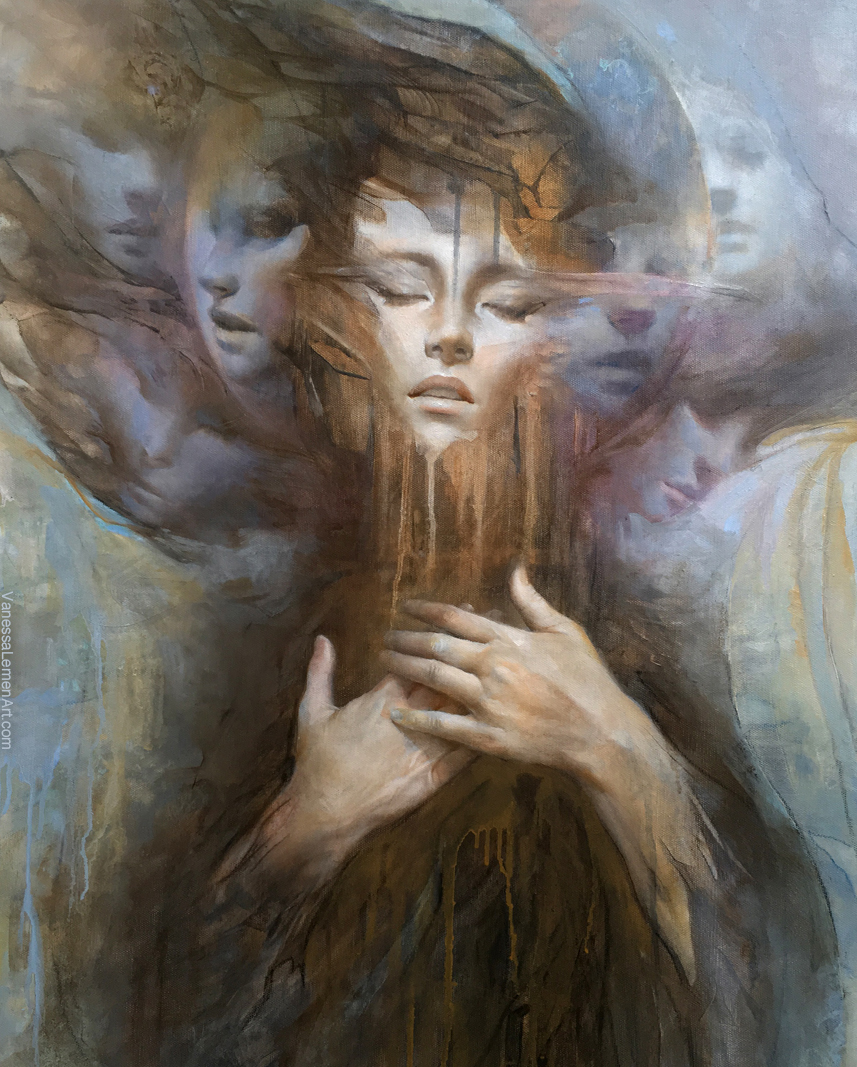
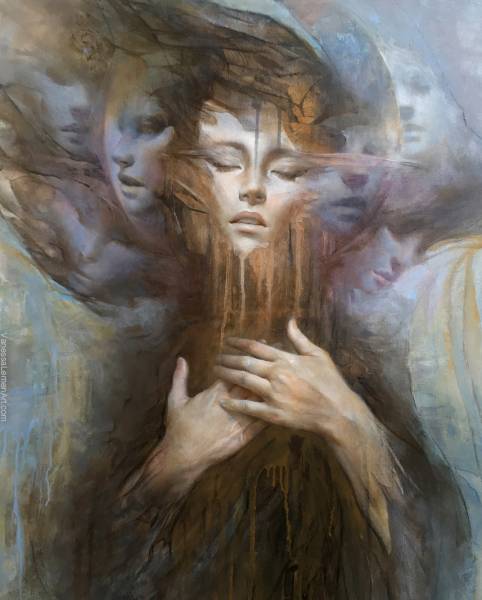
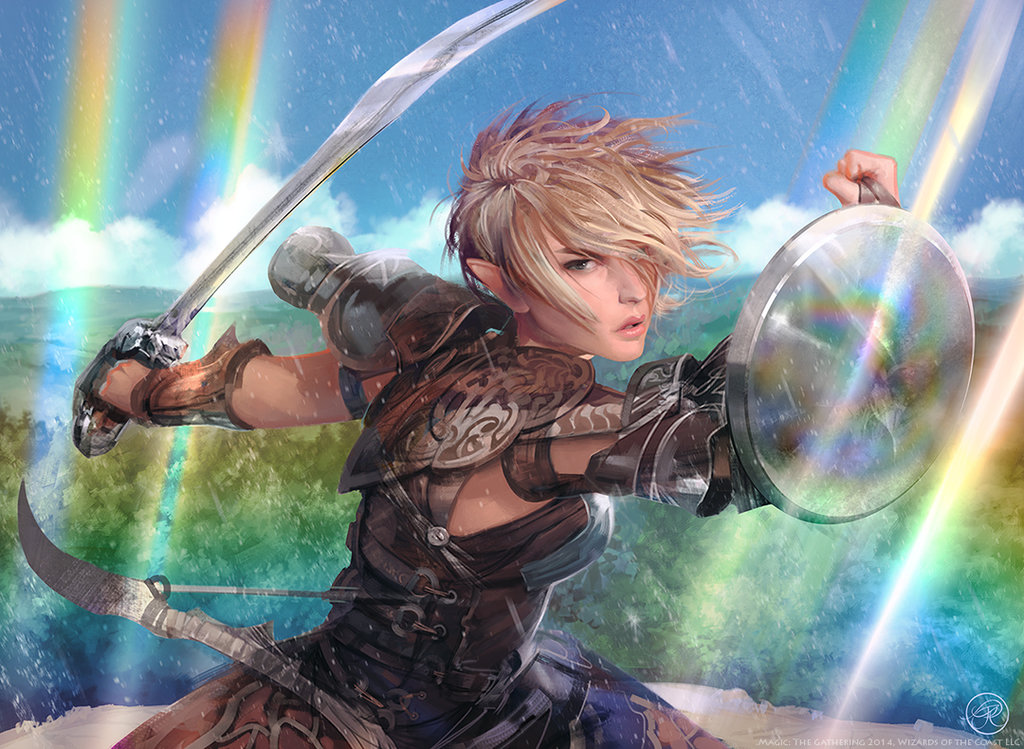


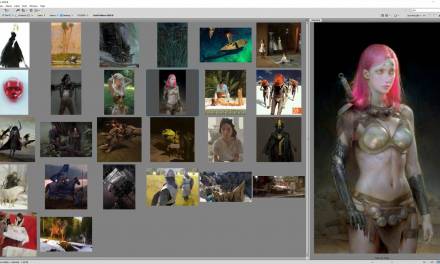
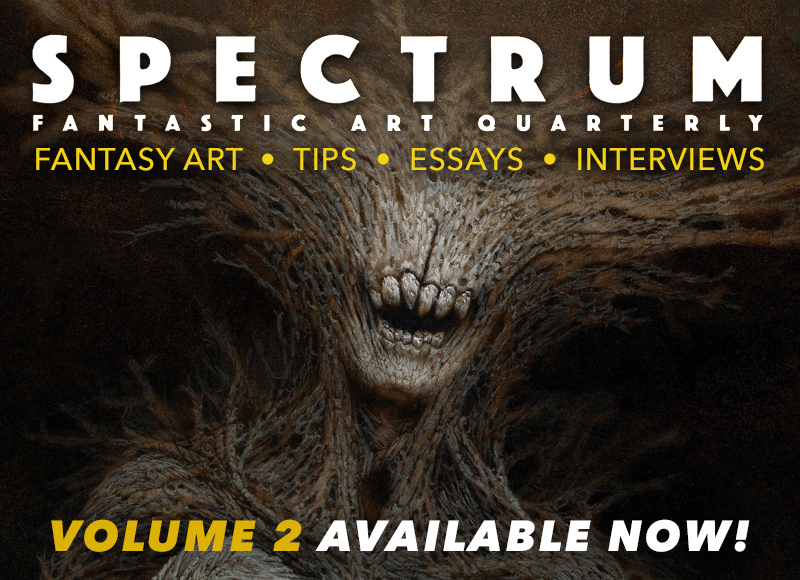
<3
🙂 <3